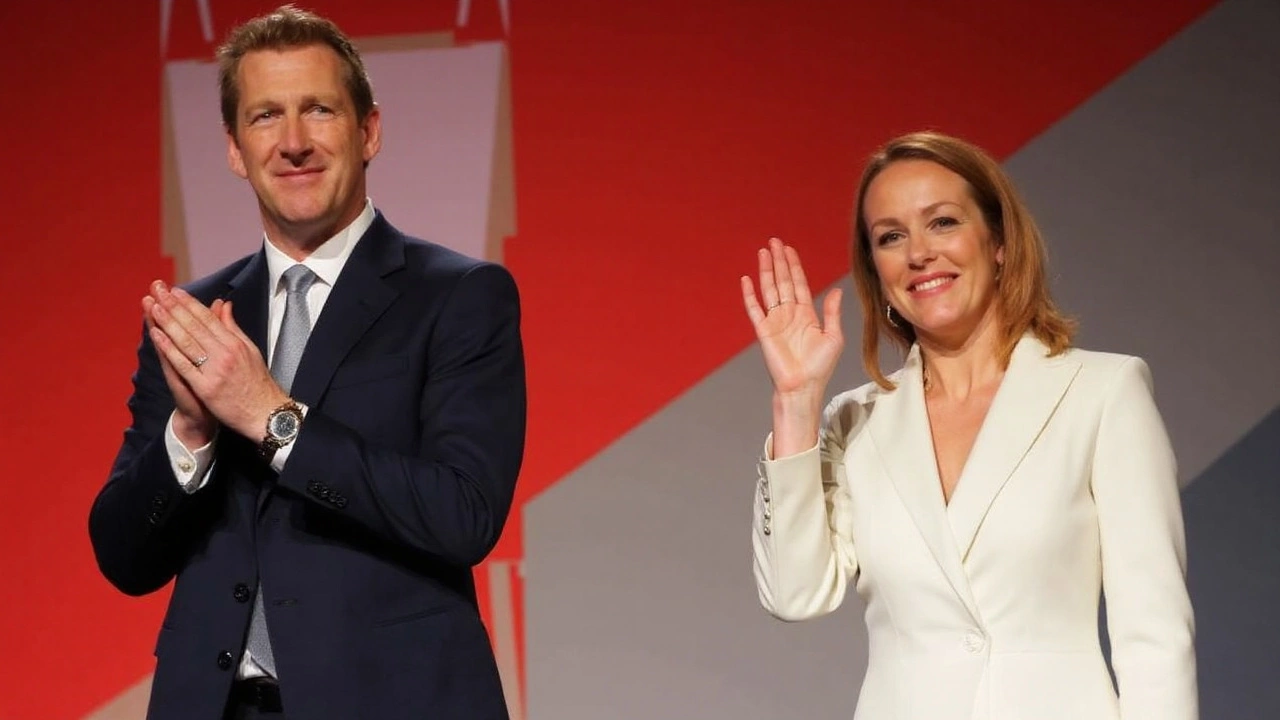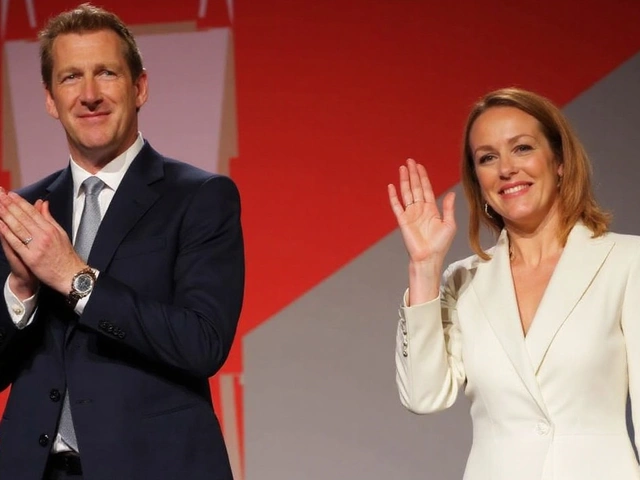Angela Rayner – Who She Is and What She Does
Angela Rayner is one of the most recognizable faces in British politics right now. As Labour's Deputy Leader and former Shadow Chancellor of the Duchy of Lancaster, she spends her days shaping policy, speaking in Parliament, and connecting with voters across the country. If you’ve ever watched a news clip about the Labour Party, chances are you’ve heard her name.
Early Life and Rise in Politics
Born in 1980 in Stockport, England, Rayner grew up in a working‑class family. She left school at 16 and worked a series of jobs – from a call centre to a bank – before deciding to study politics part‑time. That decision led her to the Labour Party, where she started as a local organiser in the early 2000s.
Her breakthrough came when she was elected MP for Ashton‑under‑Lyne in 2015. Within a year she was appointed as a Shadow Minister for the Treasury, showing a knack for numbers and a clear communication style. By 2020, Jeremy Corbyn and later Keir Starmer recognized her ability to speak to everyday people, promoting her to Deputy Leader.
Key Positions and Current Work
Today Rayner wears many hats. As Deputy Leader she helps steer Labour’s overall strategy, works on election campaigning, and often represents the party on TV debates. She also serves as the Shadow Secretary of State for the Future of Work, where she pushes for better wages, improved job security, and stronger support for mental health in the workplace.
On the policy front, Rayner is known for championing social justice. She has campaigned for free school meals, better childcare provision, and a fairer tax system that eases the burden on low‑income families. Her speeches often blend personal anecdotes with data, making complex issues feel relatable.
Beyond Parliament, Rayner engages with constituents through town halls, social media Q&A sessions, and community events. She believes that listening to ordinary people is the best way to shape effective policy. This hands‑on approach has earned her a loyal following, especially among younger voters who appreciate her straightforward style.
In recent weeks, Rayner has been in the spotlight for her stance on the cost‑of‑living crisis. She has called for a temporary energy price cap and urged the government to freeze rent increases. Her comments have sparked lively debate, illustrating how her voice can influence both party policy and public opinion.
If you’re curious about what Angela Rayner might do next, keep an eye on Labour’s policy announcements and upcoming election strategies. She’s likely to stay at the forefront of debates about workers' rights, education reform, and economic fairness.
Whether you agree with her politics or not, Rayner’s rise from a council office to the top tiers of British politics shows how determination and clear communication can open doors. Her story continues to unfold, and the next chapter will probably involve more headlines, more debates, and more chances to shape the future of the UK.





